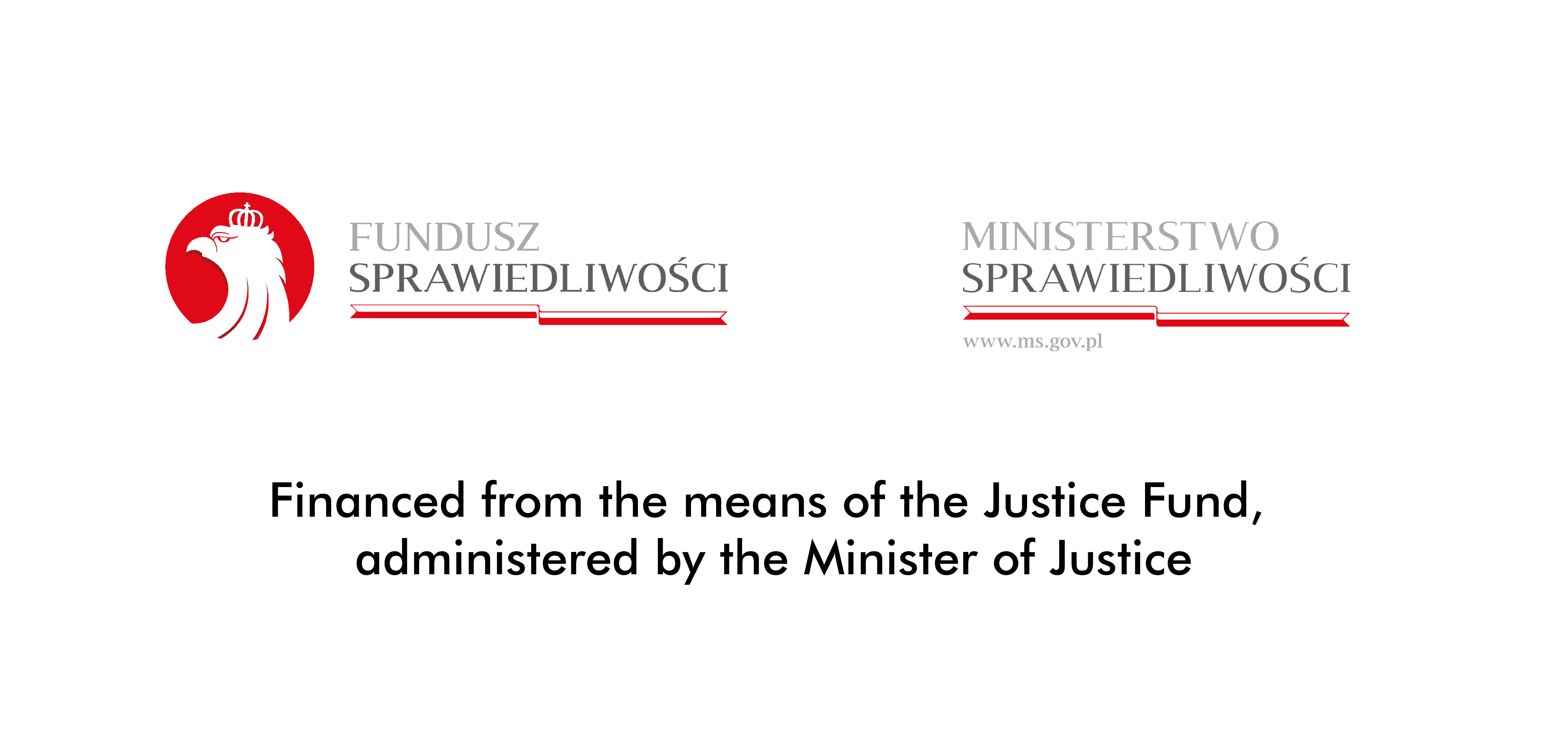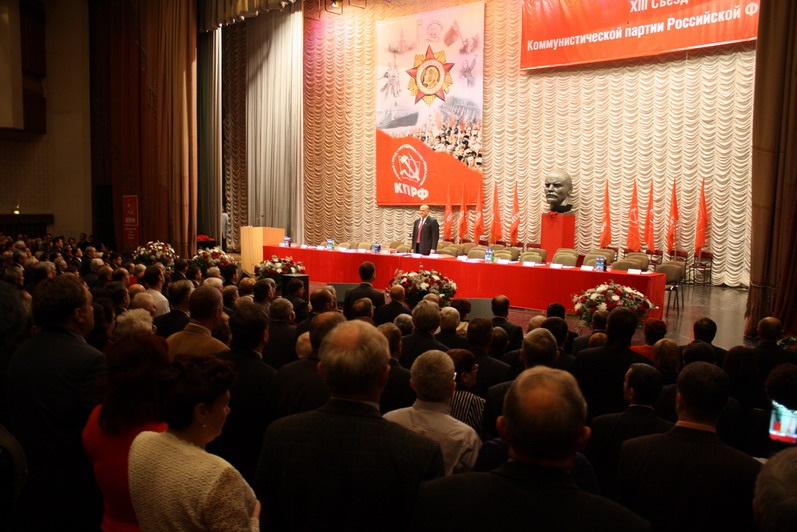The unholy Gates: Western journalists uncover what is going on behind the scenes

An investigation by “Politico” and “Die Welt” indicated that Bill Gates and his affiliated organizations virtually took over global governance from states during the COVID-19 pandemic. The weekly “Do Rzeczy” was criticized for publishing the same texts in Poland.
Tomasz Rowiński
Journalists of “Politico” and the German weekly “Die Welt” carried out an investigation of Bill Gates and his organizations, which proved that they were the main players in global vaccine policy during the COVID-19 pandemic. The very interesting piece shows that the activities of the billionaire and his non-governmental institutions definitely escaped democratic or, more broadly, political control, and that, in all likelihood, huge amounts of money were spent, yielding rather poor results at the price.
Extensive material was also published in Polish by the Onet.pl portal cooperating with “Politico” under the sensational title, “How Bill Gates and his partners controlled the world’s response to the COVID-19 pandemic. An investigation.” When a large text by Wojciech Golonka, “Bill Gates’ Unholy Wars,” appeared in a 2021 issue of “Do Rzeczy” (no. 17/2021), examining the billionaire’s business and philanthropic activities, our weekly newspaper was attacked from all sides despite the fact that the author cited publicly available and reliable sources. Meanwhile, the article by Politico and Welt journalists did not provoke any extraordinary reactions despite its devastating tone, as if the criticism directed at Gates was something quite ordinary in the liberal mainstream. There should have been a reaction, however, because the text “How Bill Gates…” confirmed and expanded on the information provided by Wojciech Golonka, for whom the thread on vaccines was, after all, only one of many put under his microscope.
How “Do Rzeczy” was attacked
Of course, “Bill Gates’ Unholy Wars” was criticized before anyone reached for the text, mainly because of the cover of that particular issue of “Do Rzeczy”. It presented the founder of Microsoft holding ampoules of vaccines in his hands. Critics also referred to the subtitle on the cover which said: “I will vaccinate you all. Bill Gates and his plan to make the world a happy place.”
Wirtualnemedia.co.uk wrote that, “the cover could evoke doubts about coronavirus vaccination and may be associated with conspiracy theories about vaccination in general.” Frankly, a journalist who is given a task of criticizing something, but has little grasp of the issue, just merely needs to use circular phrases saturated with expressions such as “could evoke” and “may be associated”.
In fact, the only attempt – at least seemingly – to confront Wojciech Golonka’s article substantively, made by Adam Bednarek of Spiderweb.pl, came to nothing. The sites article, “The 5 biggest examples of stupidity from the text of ‘Do Rzeczy’ about Bill Gates”, mainly clinged to the journalistic rhetoric of our author. In the scheme of things, it’s hard to deny facts, such as quotes from Gates himself or the values represented by the numbers. After all, no one will deny that since Gates – after the crisis into which Microsoft, his main business child, entered – took up large-scale “philanthropy”, he has grown considerably richer, while simultaneously spending considerable amounts of money. We are talking about an increase in wealth from $54 billion to $111 billion.
Similarly – who in Poland would have the desire and the audacity to question what the prestigious and scientific magazine “Lancet” wrote about Gates? The magazine did indeed praise Gates’ involvement in health projects. But at the same time, it pointed out many problems with the activities of the organizations through which he operates and achieves his intentions. What were the allegations formulated in the pages of “Lancet”, which were refereed by Wojciech Golonka? Among other things, that the goals Gates sets for himself do not coincide with the goals and challenges facing the global health system. It has been alleged that the billionaire’s choices about who he supports and what types of projects he chooses have been completely arbitrary, often based on personal connections and acquaintances. The authors of “Lancet” also reproached Gates for the fact that the real beneficiaries of his health programs in poor countries are Western corporations, that instead of building the public health autonomy of these countries, he was actually making them dependent on large pharmaceutical industry players. In addition, “Lancet” wrote about this back in 2009, where at that time Gates was only gaining momentum in this area.
The swarm of “Do Rzeczy” critics that appeared after the publication of Wojciech Golonka’s article included Michal Protaziuk, publisher at Onet.pl. “An interesting case for supporters of the so-called re-Polonization of the media,” Protaziuk stated mysteriously in an opinion piece published by Wirtualnemedia.pl. However, it is hard to say what this particular opinion of Protaziuk brings to the table. Perhaps only that it’s better if Poles were to only German and American-owned media opinion pieces prepared in the Polish language, because they don’t need their own opinion on global affairs?
Undoubtedly, our country’s recurring inability to look critically at influential representatives of Western civilization of the present day is still a feature of Polish post-colonial and post-communist provincialism. Certainly, now that Gates has found himself in the sights of “Politico” and “Die Welt” journalists, there would be many who would say that, after all, Gates was always subject to criticism. You just have to know when to do it! In Poland, the worst thing to do is to not keep a low profile, and our weekly (“Do Rzeczy”) did just that.
Mechanism of taking control
The investigation by “Politico” and “Die Welt” confirmed that the American billionaire is interested above all in building his own political autonomy, relying on his NGOs rather than serving the international community. The mechanism of exploiting the spheres of weakness of states, serving to take control where Gates sees his fields of interest, was shown as if by hand. These used to be quite broad, encompassing investments in GMOs and even armaments, and for more than a decade have been primarily vaccines. “When you’re dealing with the Gates Foundation, it’s almost as if you’re dealing with a large country,” said a former US government health official in the referenced Politico article. The NGO sector is therefore just a cover for the billionaire’s real ambitions.
The results of the investigation by Erin Banco, Ashleigh Furlong, and Lennarit Pfahler, published in the text “How Bill Gates…”, are frightening. Four organizations affiliated with the creator of Microsoft: The Melinda and Bill Gates Foundation, Gavi – a structure for vaccine lobbying in poorer countries, the Wellcome Trust – a research foundation that has worked with Gates for years, and the Coalition for Epidemic Preparedness Innovations – a research and development group co-founded by Gates since 2017, have virtually taken control of global policy on the COVID-19 pandemic from national governments. They have been handed power and funds, while at the same time not taking over – because it would be impossible – political responsibility for the results of their actions. That, in the international and domestic order, always rests with recognized heads of state.
In the case of democratic countries, this has meant ceding an important element of sovereignty to a man who has no democratic mandate. What’s more, Gates doesn’t have a scientific mandate either, after all – all he has is almost unlimited financial capital, enabling him to buy experts, politicians, and activists alike.
The prospect of Gates’ perpetuity has made it very easy for him to obtain funds from governments lost in the first phase of the pandemic to finance the universal and possibly equal access to vaccination for all humanity promised by his organizations. The four organizations in question have already spent about $10 billion since 2020 to fight the COVID-19 pandemic – that is, as much as the US government agency dedicated to the same goal. That’s not all, however; the money spent on lobbying, which has allowed Gates’ people – as we read – “unprecedented access to the highest levels of government”, has been estimated at $8.3 million. Gates is also using his funds to build a network of people who think like him or are simply willing to support his initiatives. Individual government officials become employees of philanthropic corporations and vice versa. One may question, when looking at the flow of people and capital, whether the World Health Organization is still pursuing the interests of the international community or rather the “interests and passions of the Gates family”.
What went wrong?
And how was the money received used by Gates-related entities? The ACT-A diagnostic team, in which the billionaire’s organizations played a pivotal role, informed politicians and officials that it would make 500 million covid tests available to middle and low-income countries by mid-2021. However, only 84 million were made available, or 16% of the target. ACT-A’s treatment team was supposed to deliver 245 million covid therapies by 2021. These targets were lowered over time to 100 million, of which 1.8 million units were eventually delivered. Middle- and low-income countries were supposed to receive 2 billion vaccines by the end of 2021, but only 319 million were delivered. Universal population immunization, which was supposed to be a priority in Africa, has only reached 20%. The money is gone, however, and the Gates organizations ensure that they are reflecting on what went wrong. They probably have a lot to answer for.
The referenced data is only a fragment of the diverse and detailed information by the journalists of “Politico” and “Die Welt”.
It is good thing that the text “How Bill Gates and his partners controlled the world’s response to the COVID-19 pandemic” came to light, and that it was presented to the Polish reader in the mainstream media. It’s a pity, however, that there were many attempts to mock the earlier work of Wojciech Golonka, who essentially raised the same question that Doctors Without Borders vaccine policy advisor Kate Edler once asked: What makes Bill Gates qualified to advise and counsel the international community and even the superpowers on matters of public health?
Frankly, I’d like to know, too. Well, unless it’s that he really wants to and has the money to put that desire into practice.
This article was published in September 2022 in “Do Rzeczy” weekly magazine.




